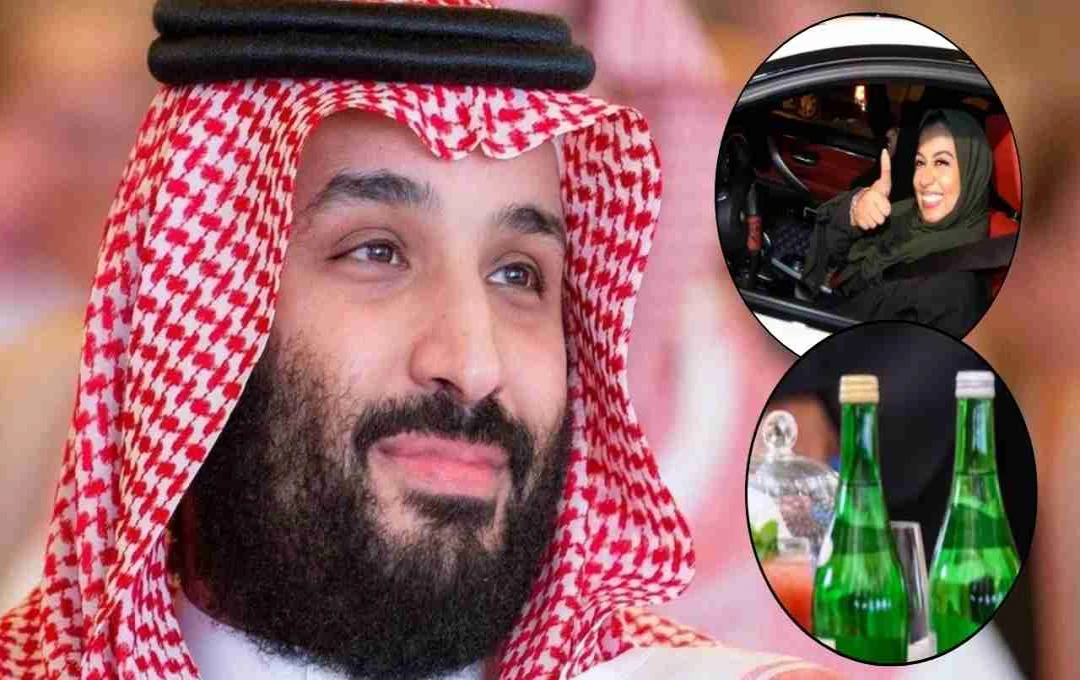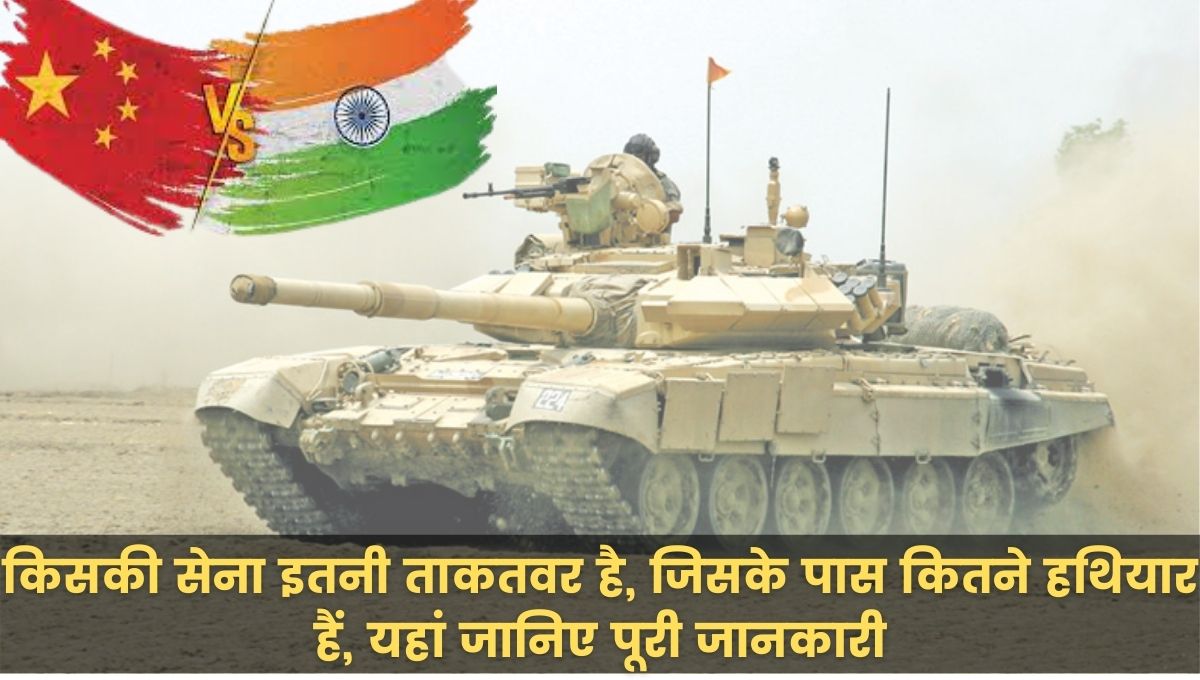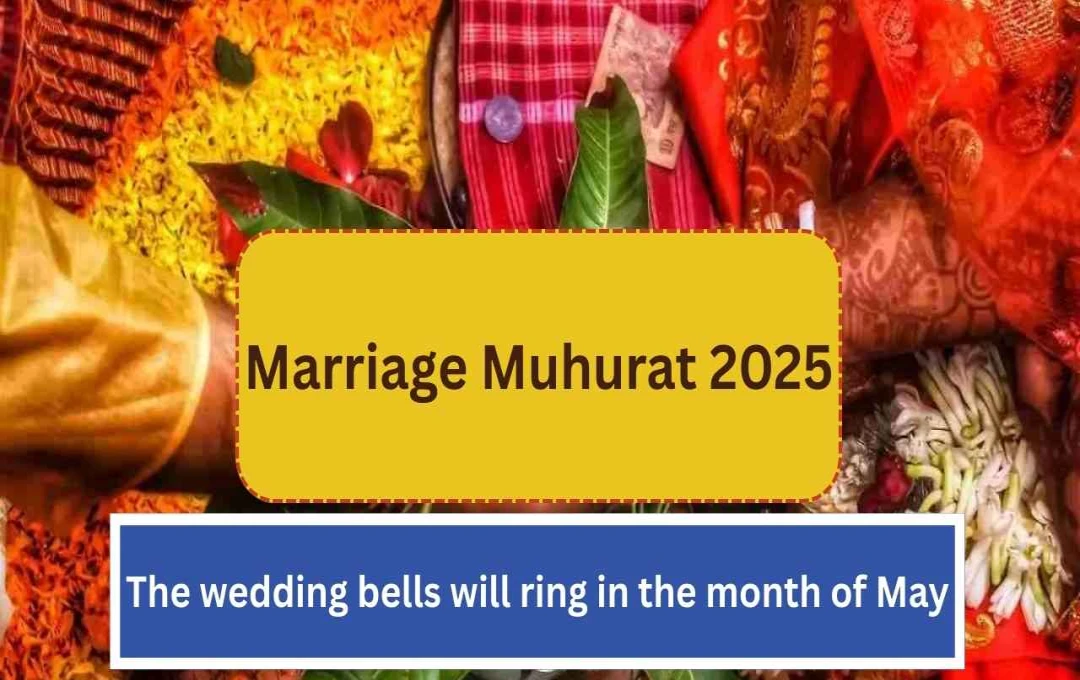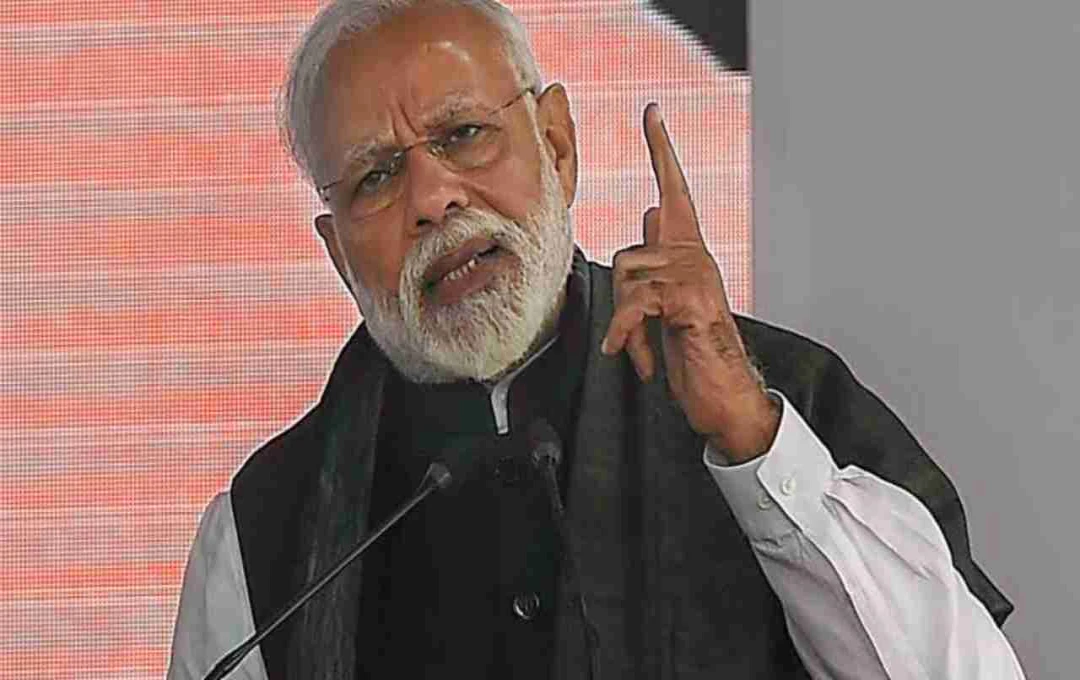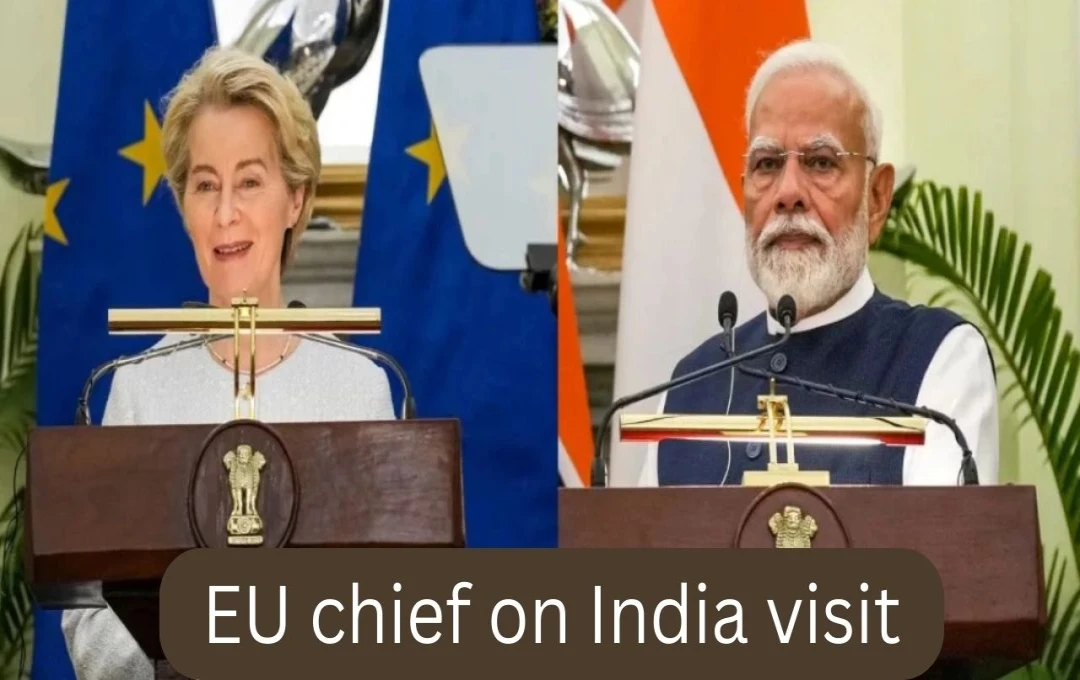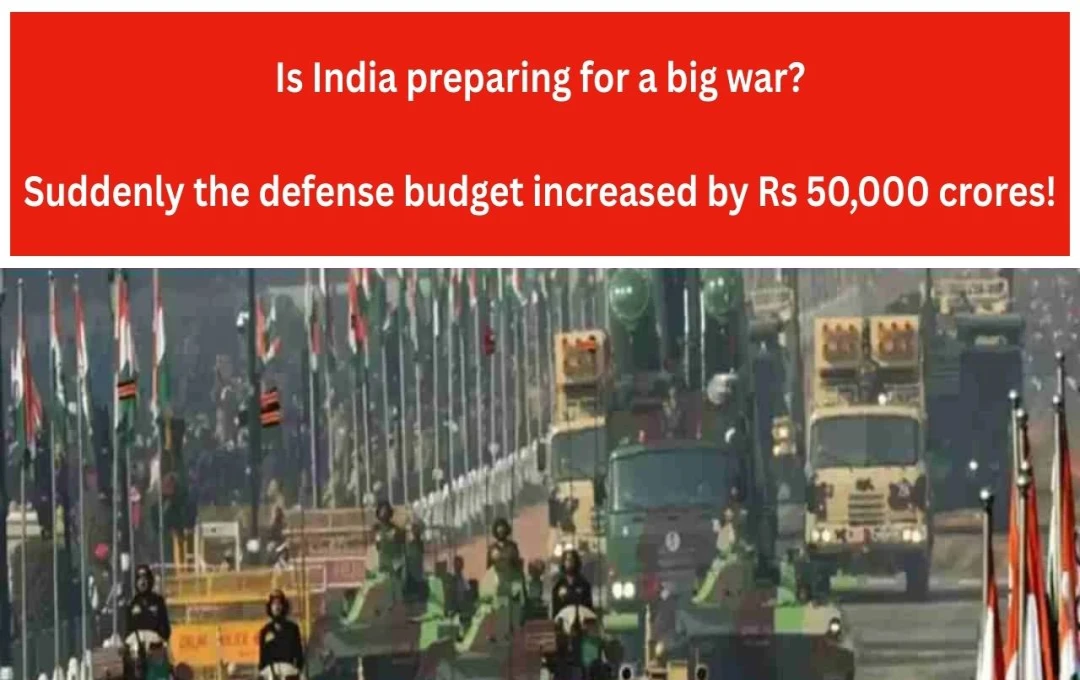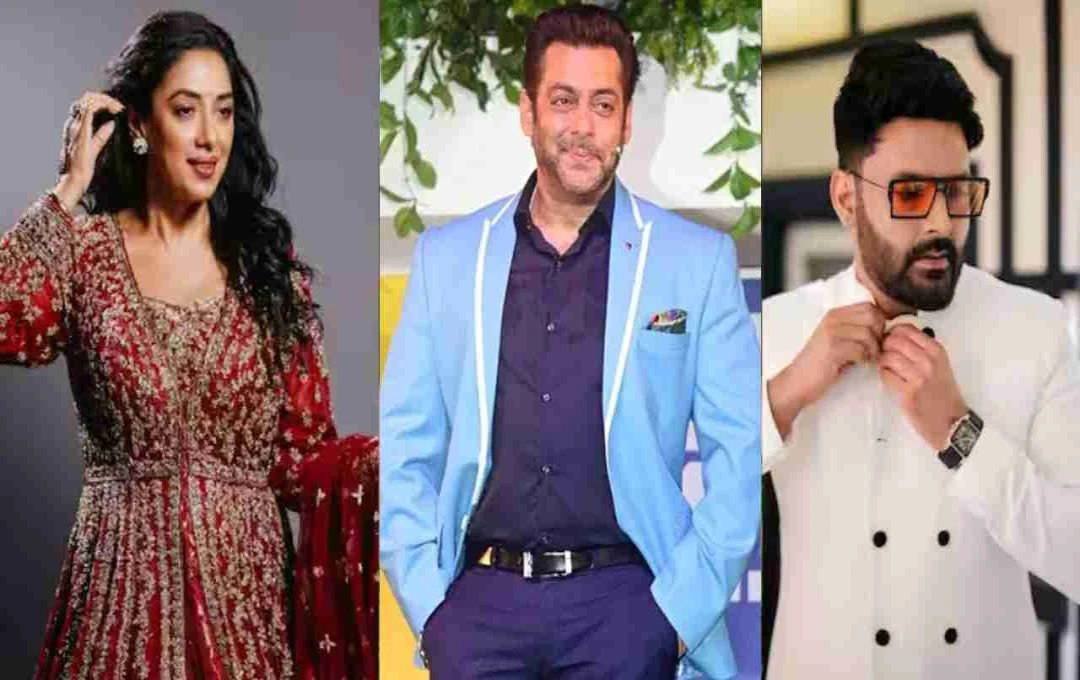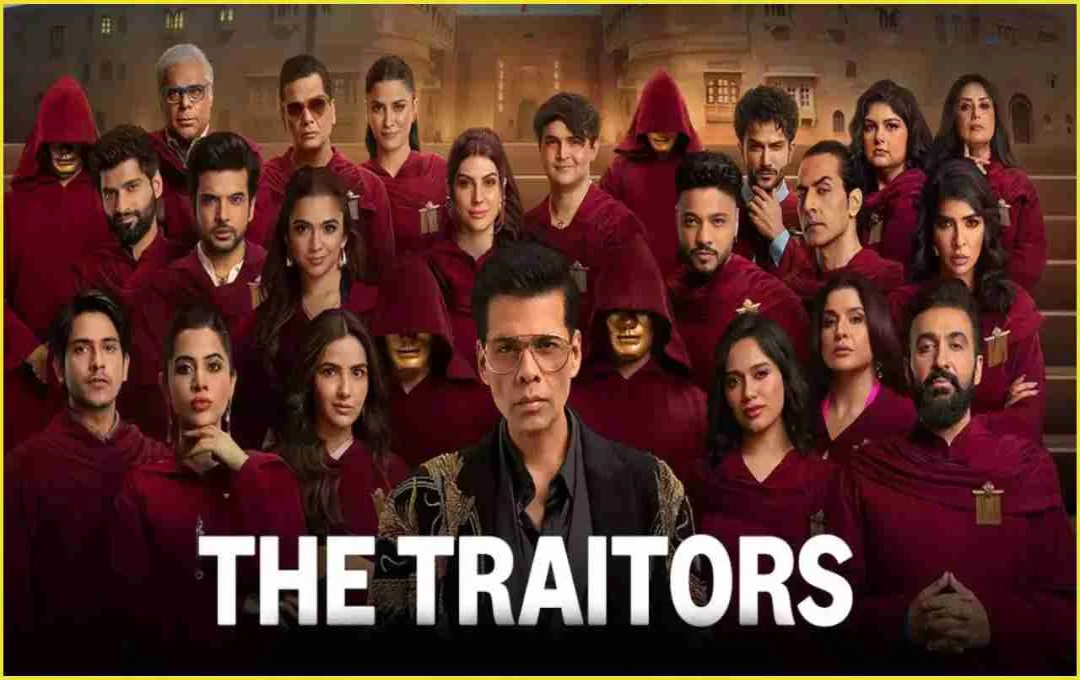Five Major Changes in Saudi Arabia Under Crown Prince Salman: Women granted driving rights, alcohol permitted for diplomats, religious police powers curtailed, entertainment revolution, and economic reforms under Vision 2030.
Saudi Arabia: Once perceived as a nation deeply rooted in tradition with limited scope for change, Saudi Arabia is gradually transitioning into a modern society under the leadership of Crown Prince Mohammed bin Salman (MBS). His Vision 2030 aims to significantly transform the country's economic and social fabric. Let's explore how five key decisions by Prince Salman have reshaped Saudi Arabia's identity.
1. Driving Rights for Women
Granting women the right to drive is arguably Prince Salman's most revolutionary decision. The decades-long driving ban on women was lifted in 2018. This move transcended mere driving privileges; it symbolized a powerful message of female empowerment.
Today, Saudi women drive alongside men. This decision also increased female participation in the workforce. According to the IMF, women's participation in the Saudi workforce reached 36% by 2023, surpassing MBS's target of 30% ahead of schedule.
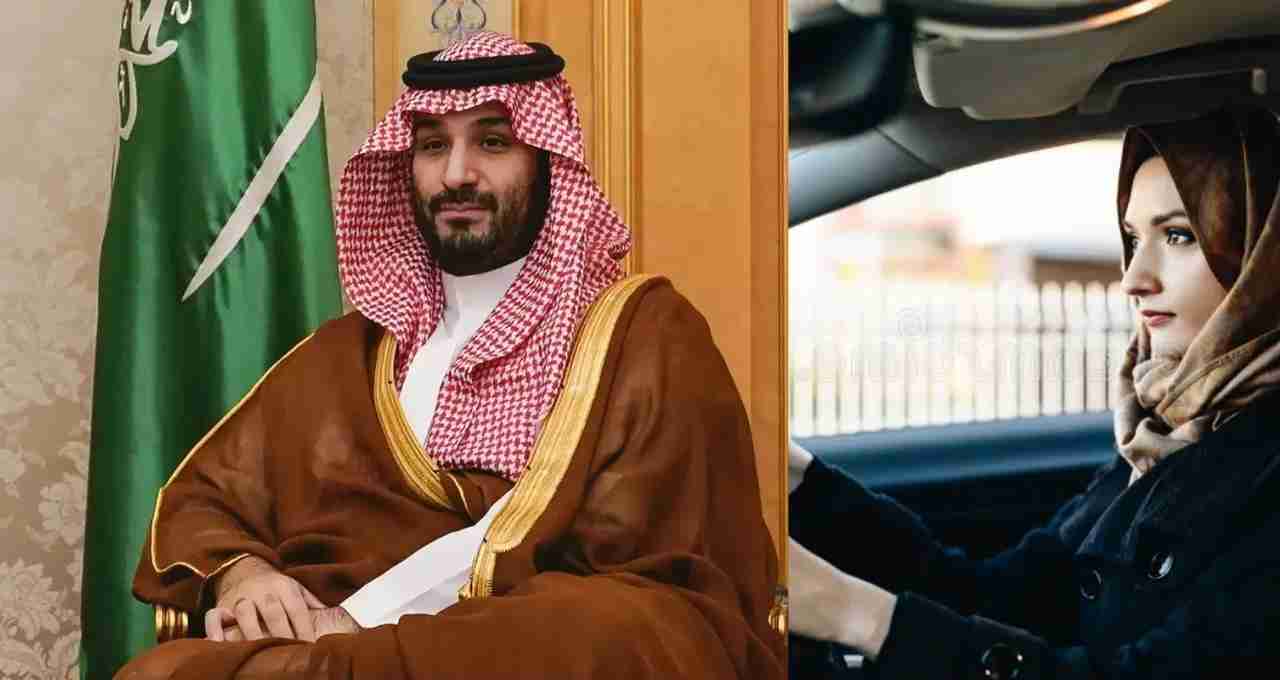
The freedom to drive has enhanced women's self-reliance, simplifying tasks like commuting to work, school drop-offs, and shopping. This transformation reflects Saudi Arabia's evolving mindset and future direction.
2. Alcohol for Diplomats
Saudi Arabia has long been known for its strict Islamic traditions, including a strict prohibition on alcohol. However, a significant shift occurred in early 2024 with the opening of the first officially licensed bar in Riyadh.
Currently, this bar caters exclusively to non-Muslim diplomats. This move signifies Saudi Arabia's gradual alignment of its regulations with international standards. The government aims to curb the illegal alcohol trade.
It's anticipated that by 2030, Saudi Arabia may permit alcohol consumption for non-Muslim tourists in designated tourist areas. This could attract foreign tourists and boost the national economy.
3. Curbing the Religious Police
Saudi Arabia's religious police, known as the Mutawwa, once held considerable control over people's lives, dictating dress codes, social interactions, and public behavior. MBS's leadership brought about a significant change to this system.
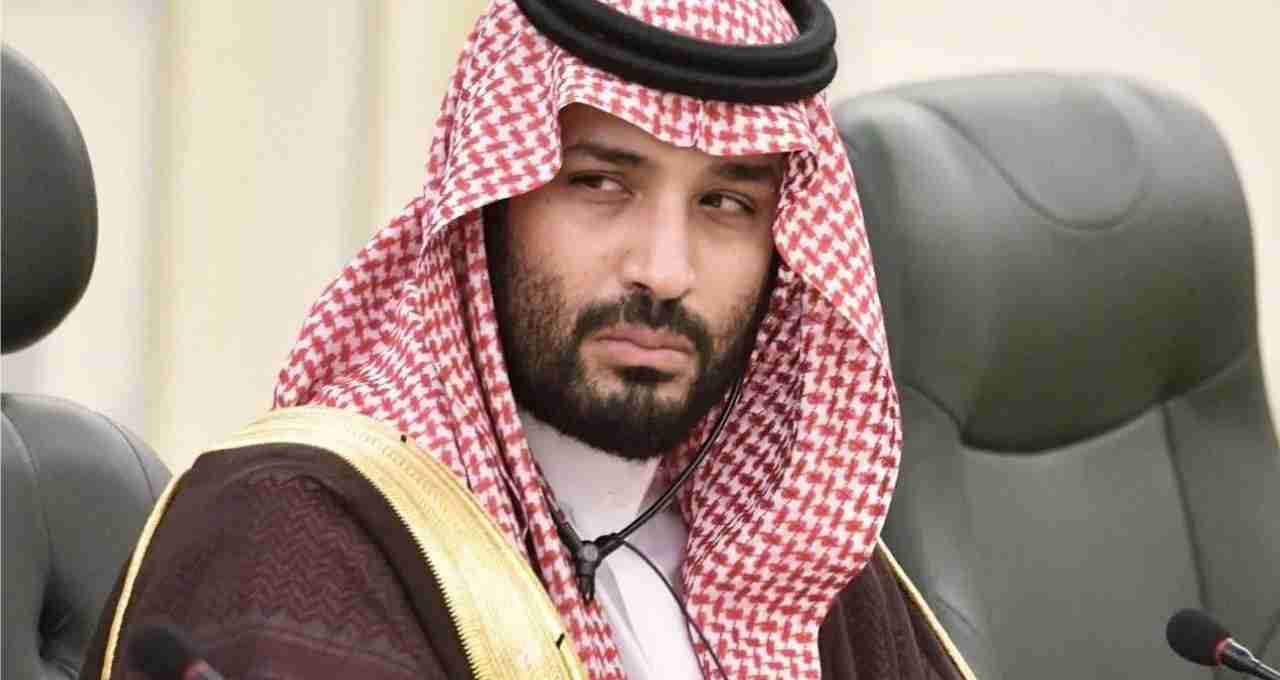
The Mutawwa no longer have arrest powers, and the mandatory closure of shops during prayer times has been lifted. This has created a more open and liberal environment for Saudi citizens and tourists.
4. Entertainment and Cultural Revolution
A few years ago, Saudi Arabia lacked music festivals and major international artist performances. Prince Salman's Vision 2030 completely transformed this landscape.
Cities like Riyadh now host global stars such as Jennifer Lopez and Halle Berry. Fashion shows, night events, and live music performances have become integral aspects of Saudi culture. This offers new experiences for Saudi youth and attracts significant international attention.
5. Vision 2030 and Economic Diversification
Crown Prince Salman's primary mission is to reduce Saudi Arabia's dependence on oil. To achieve this, he launched "Vision 2030," aimed at fostering growth in tourism, technology, and renewable energy sectors.
Mega-projects like Neom are underway, envisioning a futuristic city featuring smart city infrastructure, luxury residential properties, and technology hubs. The goal is to establish Saudi Arabia as a prominent international business and tourism destination.
